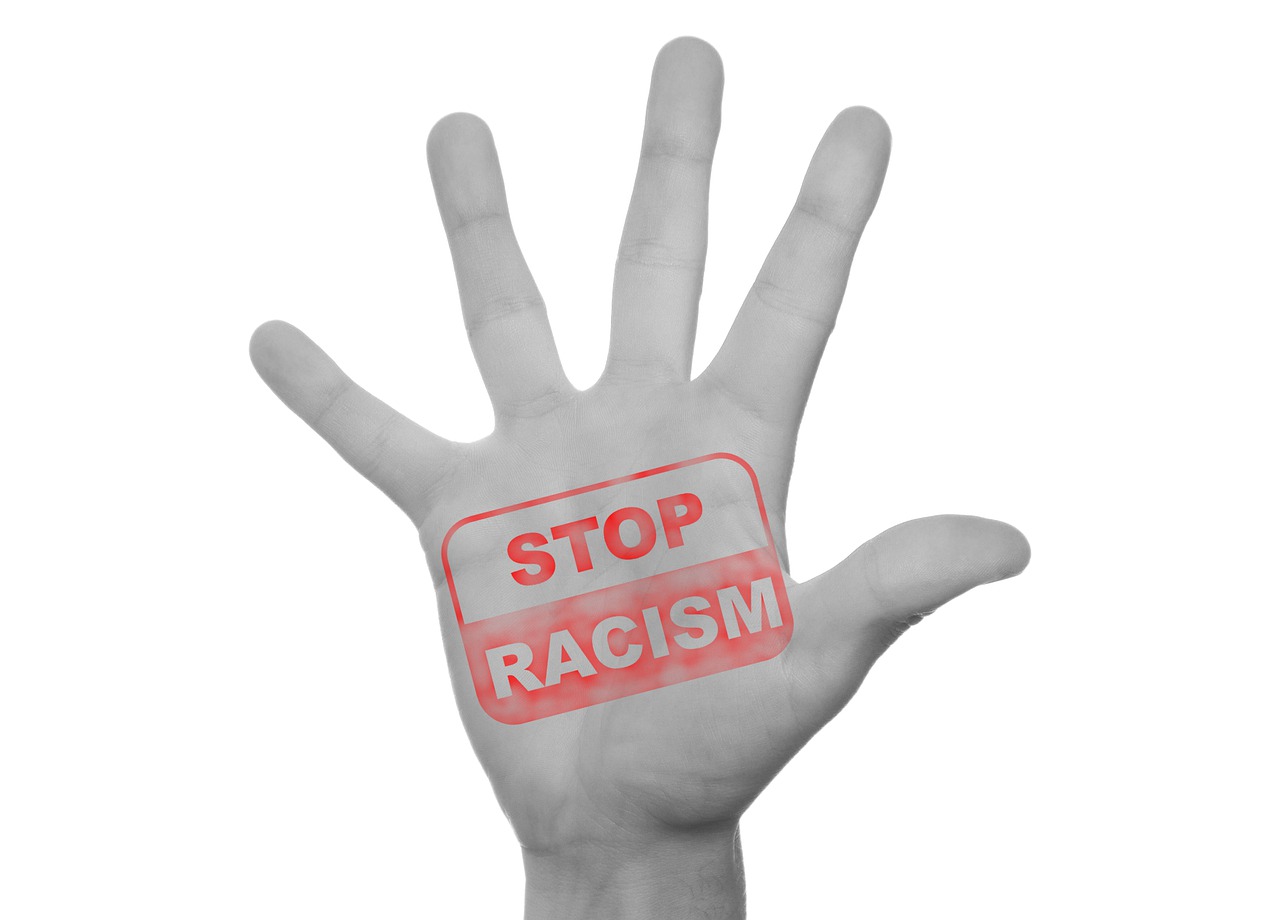Mushtaq Khan: Why don’t you just call it out?

Housing Diversity Network chief executive Mushtaq Khan challenges the common urge to ‘call out’ individuals or organisations in response to instances of racism, emphasising the need to shift the focus from isolated incidents to systemic issues within the housing sector, examining societal structures, norms, and power dynamics as essential elements in the fight against racism.
In recent weeks, people have been asking us here at Housing Diversity Network to comment on or ‘call out’ individuals or organisations when something goes wrong or poor services are highlighted and racism is a factor. Whether it’s social media posts by high profile figures, incidents of discrimination in the workplace, racial profiling, or the highlighting of systemic disparities in housing allocations or service delivery, the call always comes to us: why aren’t you saying anything?
An immediate reaction to ‘call it out’ is the easy thing to do. It puts the focus solely on the individual or the organisations and it means that we overlook the broader societal factors at play. Putting the emphasis on societal issues, rather than individual or organisational culpability, is crucial in addressing racism effectively. There are a number of reasons of why I think like this:
- Racism is Systemic: Racism is not merely a collection of isolated incidents perpetrated by individuals or organisations. It is deeply ingrained within the structures and systems of society. These systems, which include the housing system, perpetuate and reinforce racial inequalities. Therefore, addressing racism requires confronting these systemic issues rather than solely targeting individual actions.
- The Bad Apple Defence: When instances of racism come to light, there’s a common tendency to attribute them to a ‘bad apple’ within an organisation or sector. Indeed last year a report into English cricket said that racism is not just a few bad apples or banter but is something permeates throughout the sport. While holding individuals accountable for their actions is important, it fails to acknowledge the broader context in which these incidents occur. Even well-intentioned individuals can perpetuate racist behaviours unknowingly due to biases deeply rooted in both society and institutions.
- Racism is Becoming Normalised: Racism is not just about overt acts of discrimination; it also operates through subtle biases, stereotypes, and microaggressions that spread through everyday norms and behaviours. Public discourse around racism in society has now moved to accommodate the extremist views of the far right. By solely focusing on individuals, we’re overlooking the normalisation of racist attitudes and behaviours within society especially over the past decade.
- Power Inequalities: The unequal distribution of power in society is one of the fundamental causes of racism. In contrast we talk openly about class and when I do some training and say, ‘middle class people get the best deal in everything’, the participants all nod their heads. It’s similar issue with racism and this means challenging these entrenched power structures and advocating for systemic changes that promote equality and inclusivity. Merely condemning individuals without addressing the underlying power imbalances will lead us to failure.
- Tackling Racism in Housing is a Collective Responsibility: Viewing racism as an issue in the sector means that we have a collective responsibility to create a safer and more equitable environment. This encourages community engagement, dialogue, and action to address systemic injustices and foster meaningful change. By shifting the focus from individual blame to collective accountability, we can work towards building a more inclusive and anti-racist sector.
So, whilst I think it’s essential to hold individuals and organisations accountable for their actions, it’s more important to think through the fact that racism is a systemic issue that extends far beyond isolated incidents. By understanding racism within the broader context of structures, norms, and power dynamics, we can better address its root causes and work towards creating a more equitable housing sector. We’ve been talking about it for over 30 years, but It’s time to shift the lens from individual actors to those forces in housing that perpetuate and sustain racism.
This blog was originally published on the Housing Diversity Network website.








